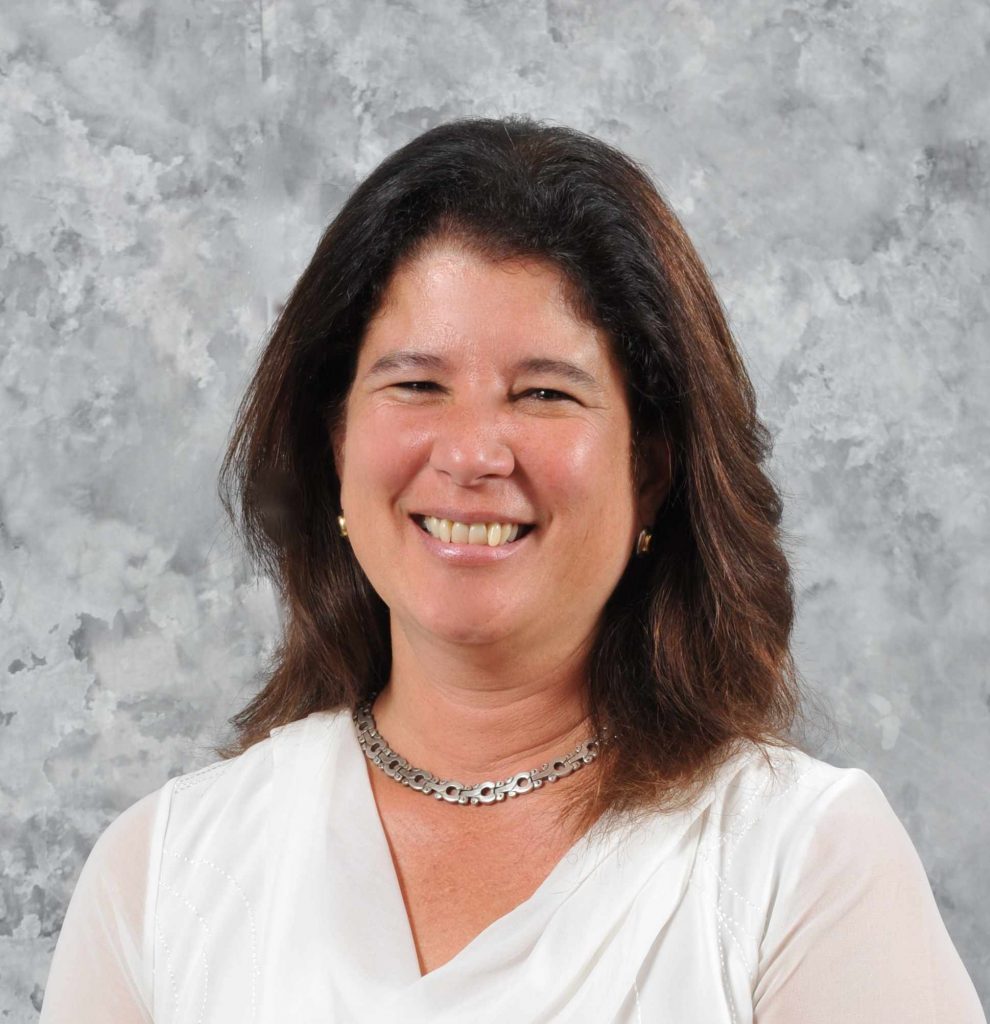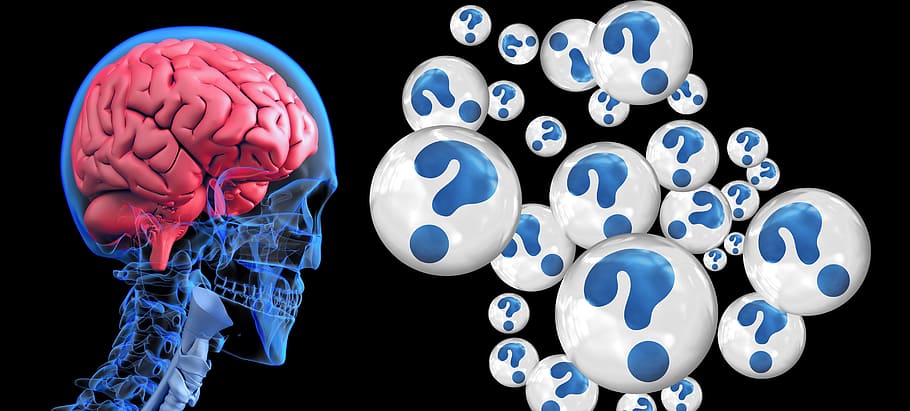 Tracey Tokuhama-Espinosa is from Berkeley, California and teaches a course at the Harvard University Extension School entitled Neuroscience of Learning: An Introduction to Mind, Brain, Health and Education. She is a former member of the Organisation For Economic Co-Operation and Development (OECD) expert panel to redefine Teachers’ New Pedagogical Knowledge which determined teacher need more training in Technology and Neuroscience. Tracey is the founder of Connections: The Learning Sciences Platform, which provides evidence-based resources to teachers. She has also taught Kindergarten through University and believes that the quality of education is improved through research, teacher education, and student support. In this blog post, she presents one of her on-going research project, which investigates what kids want to know about their own brain.
Tracey Tokuhama-Espinosa is from Berkeley, California and teaches a course at the Harvard University Extension School entitled Neuroscience of Learning: An Introduction to Mind, Brain, Health and Education. She is a former member of the Organisation For Economic Co-Operation and Development (OECD) expert panel to redefine Teachers’ New Pedagogical Knowledge which determined teacher need more training in Technology and Neuroscience. Tracey is the founder of Connections: The Learning Sciences Platform, which provides evidence-based resources to teachers. She has also taught Kindergarten through University and believes that the quality of education is improved through research, teacher education, and student support. In this blog post, she presents one of her on-going research project, which investigates what kids want to know about their own brain.
Thanks for taking time to answer our questions, Tracey. First of all, why did you develop this research project?
This research project was inspired by my many visits to classrooms. I am often called in to work with teachers, but I remind the schools of the importance of working with kids and their parents as well. There was one particularly wonderful class, a 4th grade room at Punahou School in Hawaii. When I asked the children what they wanted to know about their own brains, one little girl said, “I want to know how my head has enough space for my brain AND all of my imagination”! What a beautiful question.
This made my think of a study that Paul Howard-Jones mentioned once when we were talking about why people become fixed in their belief about how brains can do and learn, usually based on no evidence whatsoever. He suggested that there was a “theory of brain concept”, in which children around 8 or 9-years of age “decide” they think they know how they learn best, and then spend the rest of their life trying to confirm those ideas.
So… what do children want to know about their own brain?
Curiously enough, there seems to be a pattern of response that parallels Howard’s thinking. That is, kids spend a lot of time thinking about how their brains work when they are very little, and then begin to conform to a pattern of thinking as they grow. The younger the kid, the more sophisticated the questions. By the time they are around 13, their words and questions are less imaginative and sound more like typical adult questions. To give some examples, here are some questions that arose when I visited a school last October, and talked with 12-to 13-years-olds.
- Why do we get stressed?
- How can we get enough sleep if we have sports and homework?
- Why do people have sudden changes in mood?
- How does our brain come up with dreams?

What was the most frequent question?
We are still doing data collection through June 2020, so I can’t answer that. I can say that there are a lot of questions about inner voice and self-talk, and also about how emotions play into behavior and learning.
Which one was your favourite?
I have to confess that I love questions about potential. For example, some kids want to know why they were “born” one way or another, and if there is anything they can do about it. These kids were 12 to 13 years of age. As you can see, they sound much like adults. When you get the smaller kids, you get more creative questions (like the one on imagination above).
Which one was the most unexpected?
The most unexpected were the disturbing ones. “Why do I think of killing myself sometimes?” for example really threw me. I also find it incredible that kids think their brains are somehow separate from the body. That is, they want to know why their brains don’t work when they don’t sleep well because they don’t see how they are connected.
Do we have sufficient scientific knowledge to answer these questions at the moment?
We have limited evidence to answer all of their questions, but we have a lot of directions we can nudge them in to find better answers. I like to say that we don’t know the answer, but it is a great question and some people would answer X, while others would answer Z. Then I ask them which they could believe and why. I think it is very important to fuel the fires of this curiosity with additional questions and existing hypotheses, and then push them to think a bit deeper about their own questions.
How would the answer to these questions be relevant to teachers?
By looking at what kids want to know about their own brains, they reveal a lot of unspoken conversations we need to be having in schools. Michael Merzenrich suggested that we should have a Brain Health class for all kids, around 8th grade (13 to 14 years of age), so they can understand the basics of the mind-body connection (how nutrition, sleep and physical activity influence their ability to learn), how emotions influence cognition, and better understand the different roles of nature and nurture, plus the role that making the right choice can play (free will). This study has taught me that kids have a whole lot of concerns and mistaken understandings about the limits on their own potentials that we can improve, just by sharing information. I think teachers would learn a great deal from reading the results of this study (or better yet, ask their own students the same question!)
Are there areas where you think research should focus next?
I am very enthusiastic with following up on Michael’s idea about Brain Health in regular schools. We don’t talk enough about the brain in schools, and many of these kinds of conversations between kids and teachers would go a long way in reshaping individual self-efficacy, growth mindsets, and so on.
If you are a parent and/or teacher, you can participate in the survey by following this hyperlink.
If you would like to know more about Tracey’s research, publications, and to access free resources for teachers, you can visit the website of Connections: The Learning Sciences Platform. The journal Frontiers for Kids also publishes articles for young readers, and you will find the answer to a few questions such as “How does the brain learn to link things together?” or “What did language grow from?“.

